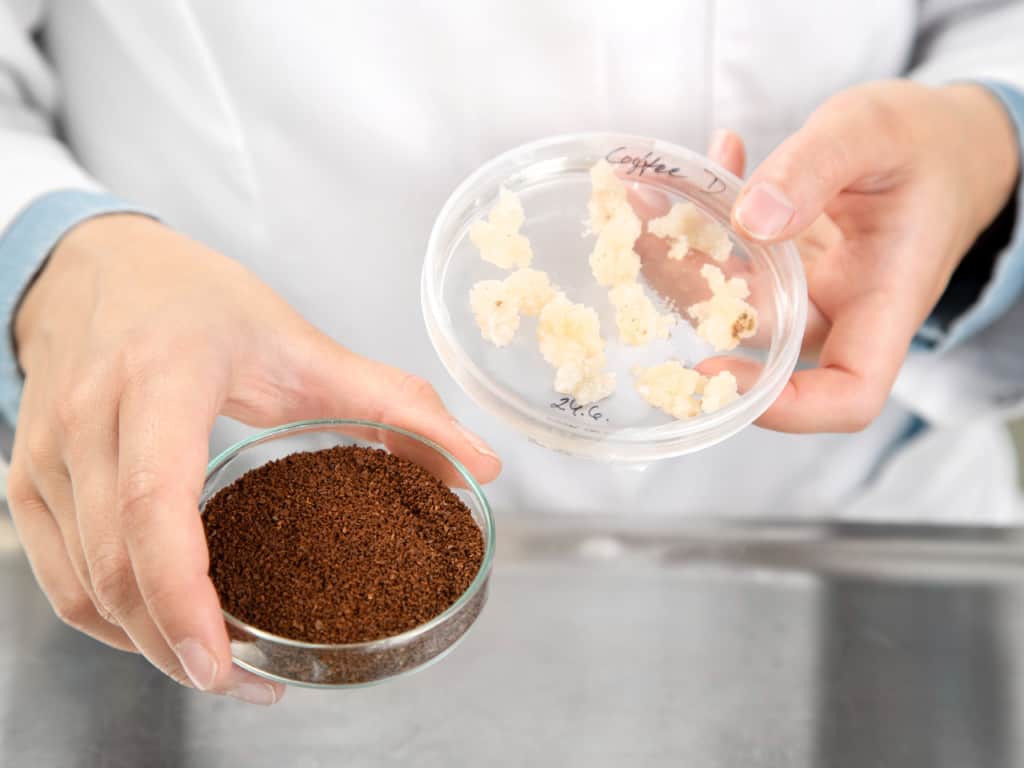Coffee cells have been successfully produced by scientists in Finland using cellular agriculture. The innovation, coming from the land that drinks the most coffee per capita in the world, could help make the future production of coffee considerably more sustainable.
Scientists at the VTT Technical Research Centre of Finland produced the coffee cells in a bioreactor utilizing cellular agriculture – the process in which cell cultures floating in bioreactors can be filled with nutrient medium and used to produce various animal- and plant-based products. The team claims that the first batches produced smell and taste like conventional coffee.

Increasing demand, coupled with sustainability challenges and ethical concerns, is rendering traditional coffee agriculture wholly unsustainable. Development and market entry of such cellular agriculture, however, currently hinges on regulatory approval. At present, Singapore is the only state with advanced legislature, while Qatar is also not far behind. In the US, the USDA has called on stakeholders in the cell-cultured field to present comments and information while labeling legislation is reviewed.
“At VTT, this project has been part of our overall endeavor to develop the biotechnological production of daily and familiar commodities that are conventionally produced by agriculture. For this, we use many different hosts, such as microbes, but also plant cells,” stated Research Team Leader, Dr. Heiko Rischer from VTT.
“In terms of smell and taste, our trained sensory panel and analytical examination found the profile of the brew to bear similarity to ordinary coffee. However, coffee making is an art and involves iterative optimization under the supervision of specialists with dedicated equipment. Our work marks the basis for such work,” added Rischer.






